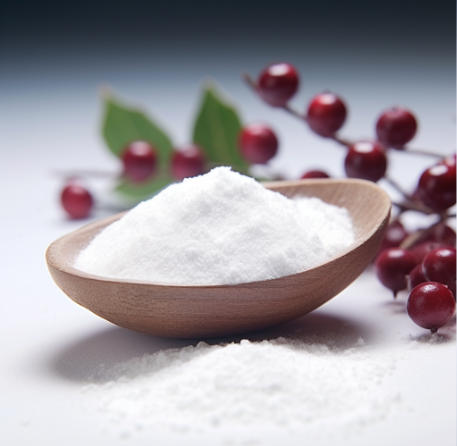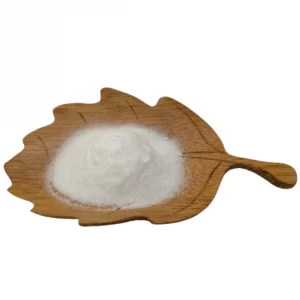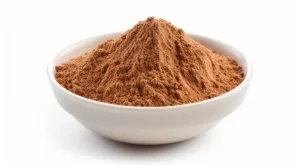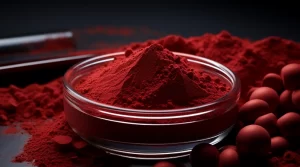Blanqueador y blanqueador de manchas arbutina cruda

Whitening ingredient arbutin
Arbutin, also known as arbutin, is a component extracted from the leaves of the azaleaceae plant arbutina, which can inhibit the activity of tyrosinase in the body and prevent the production of melanin, thereby reducing skin pigmentation, removing color spots and freckles, and has bactericidal and anti-inflammatory effects, mainly used in cosmetics.
Types of arbutin
α-arbutina: α-type tyrosinase activity inhibition is about 10-15 times stronger than β-type, the best type at present.
Beta-arbutin: non-melanin-producing precursor L-dopa, which has the effect of inhibiting tyrosinase for whitening.
D-arbutin: It is derived from the removal of the glucose group of β-arbutin from the hydroxyl ring, and also has the function of inhibiting tyrosinase. More lipophilic.
The efficacy of arbutin
Skin whitening
Inhibit the melanin produced by tyrosinase to achieve whitening effect.
Blemish
Arbutin can not only prevent the formation of new melanin particles, but also eliminate existing melanin particles to a certain extent, thus having the effect of fading spots.
Anti-inflammatory repair
Patients with skin inflammation, including sensitive skin, sore patients and burn patients, can inhibit inflammation and accelerate healing.
Precautions for the use of arbutin
1. When using arbutin, do not use it with acidic skin care products because arbutin is unstable in an acidic environment and may decompose.
2. Arbutin is easily converted into hydrogen that is harmful to the skin under low ph, high temperature and light conditions.
3. Do an allergy test before use.
4. Although arbutin has whitening effect, improper dosage (content greater than 7%) may promote the production of melanin.
() ()


